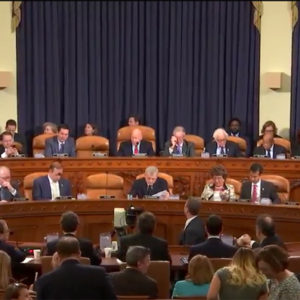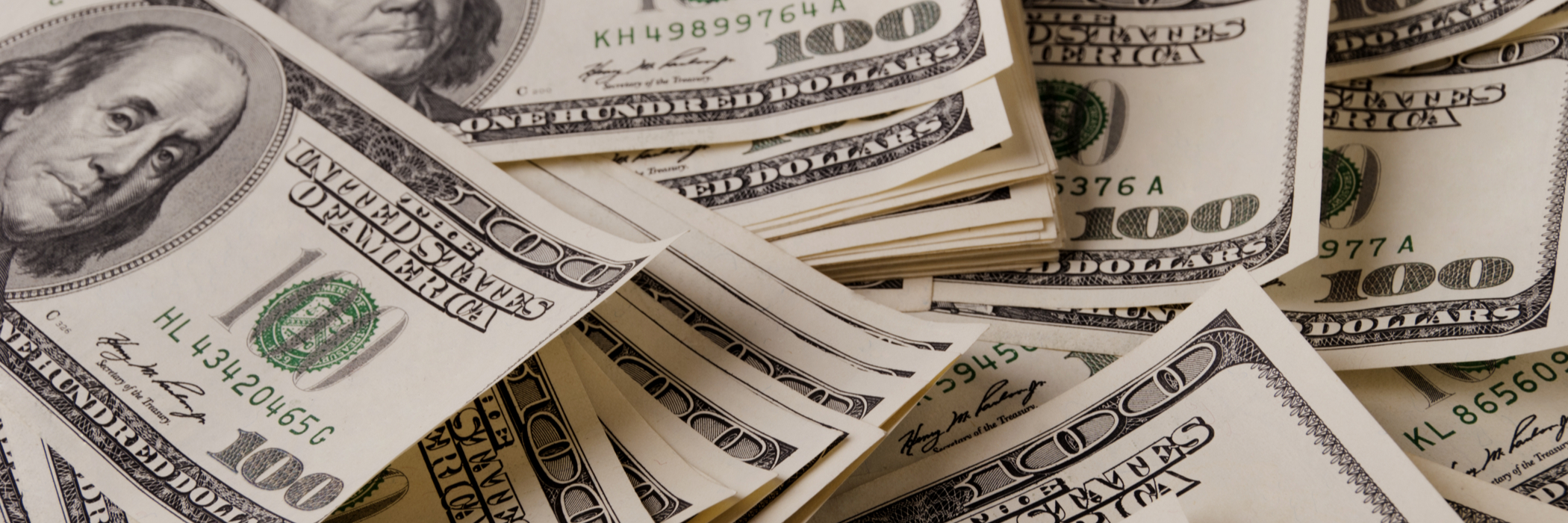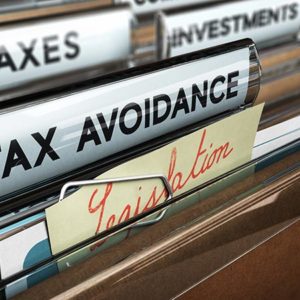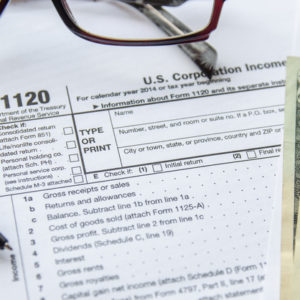
Tax Avoiding Companies Well-Represented at Tax Reform Hearing
Today the House Ways and Means Committee will hold its first tax reform hearing of 2017, which marks the official opening of the tax reform debate in Congress. True tax reform, if the committee sought to achieve it, could create more jobs and ensure companies are paying their fair share by cracking down on the massive offshore tax avoidance that companies engage in. Unfortunately, the panel of witnesses for today’s hearing is largely made up of representatives of various major corporations that are beneficiaries of the loopholes in our current corporate tax laws. Given this, it seems likely that these panelists will not push for a fairer corporate tax code, but rather a code that allows them to avoid even more taxes and incentivizes moving more jobs offshore.
The biggest tax avoider represented at the hearing is AT&T, which received $38 billion in tax breaks over the past eight years, meaning that it received more tax breaks than any other Fortune 500 company during that time. Over the past 10 years, the company managed to pay an average federal income tax rate of just 11.3 percent, less than a third of the statutory rate of 35 percent. In 2011, it managed to pay nothing in federal income taxes, despite earning $12 billion in profits.





